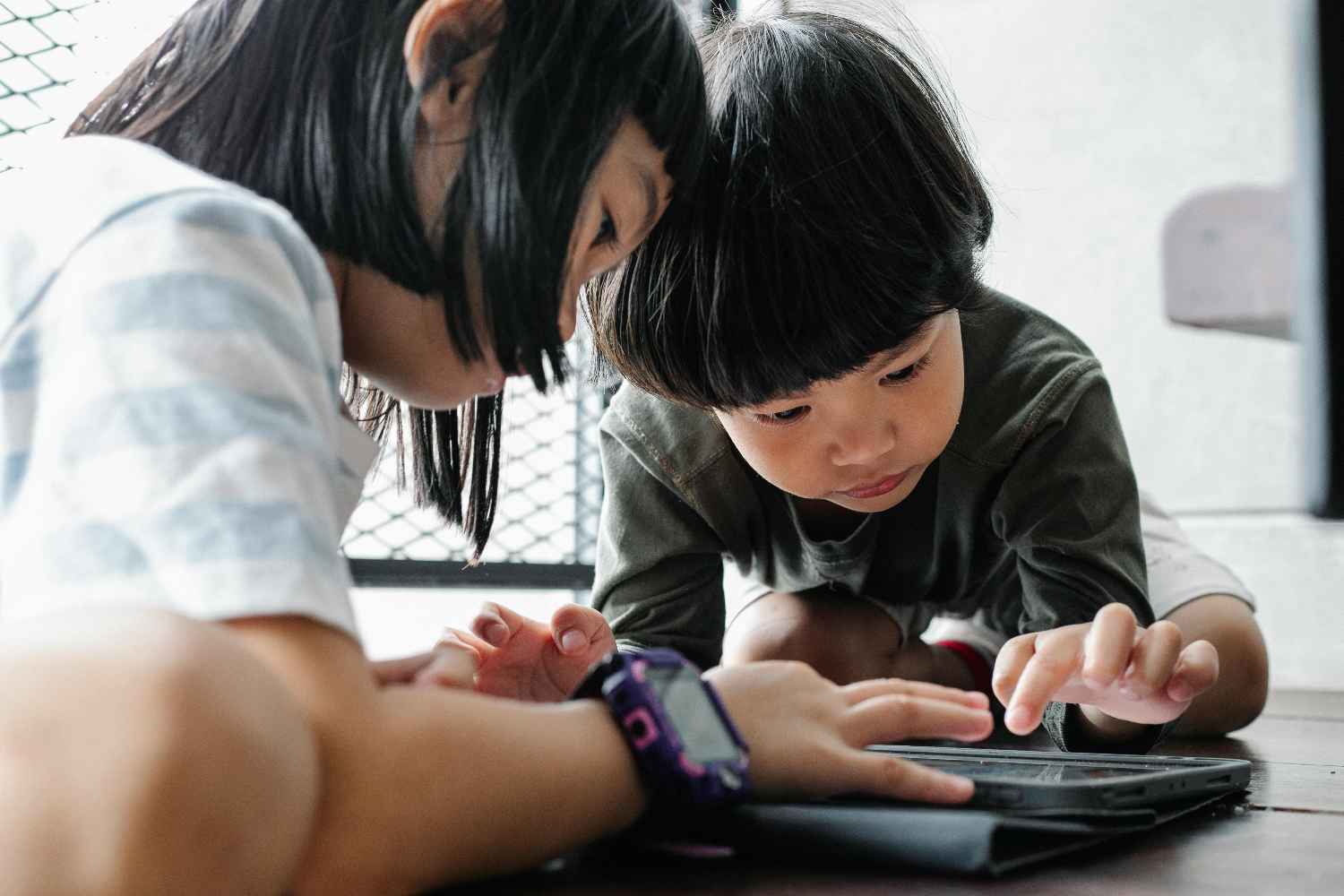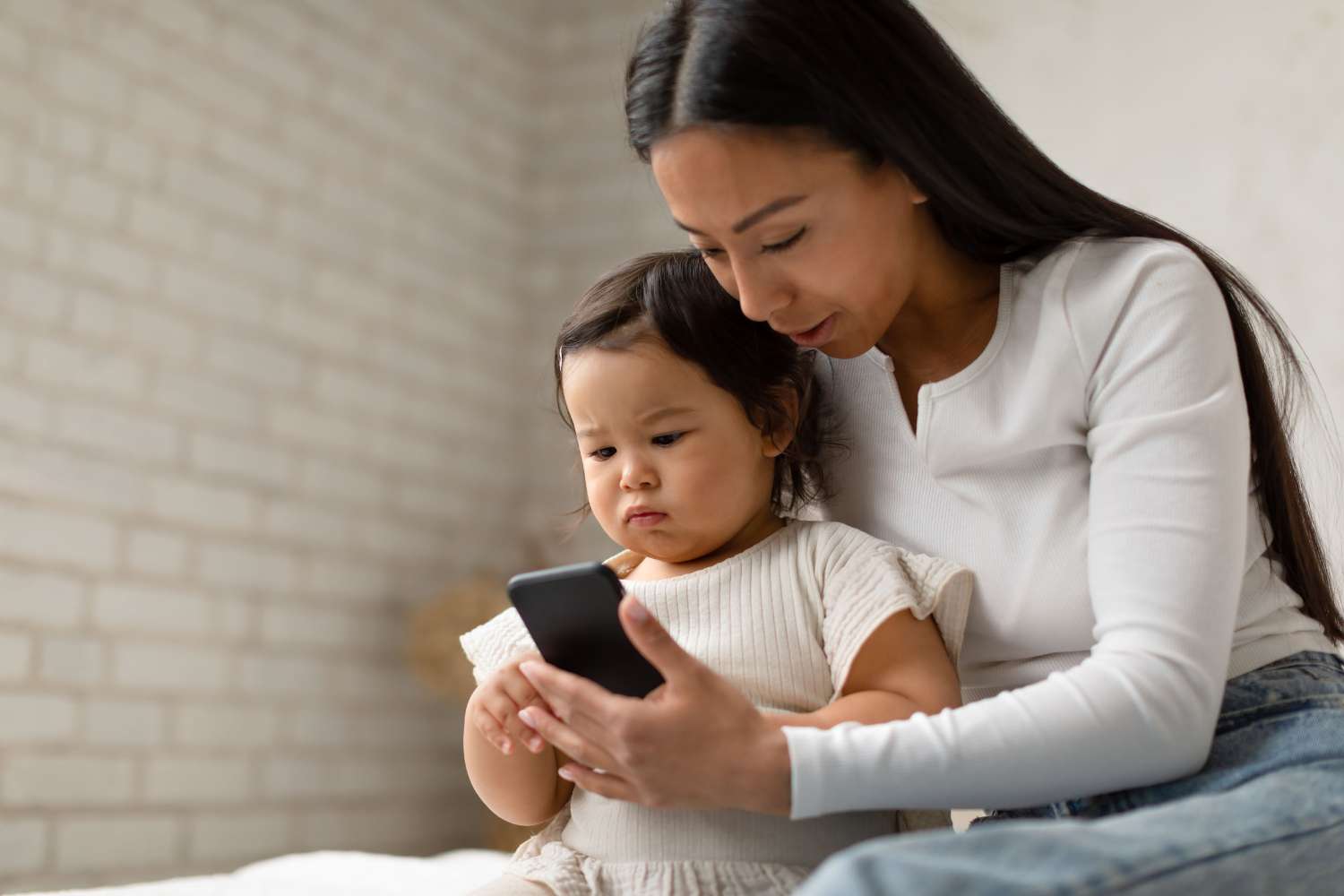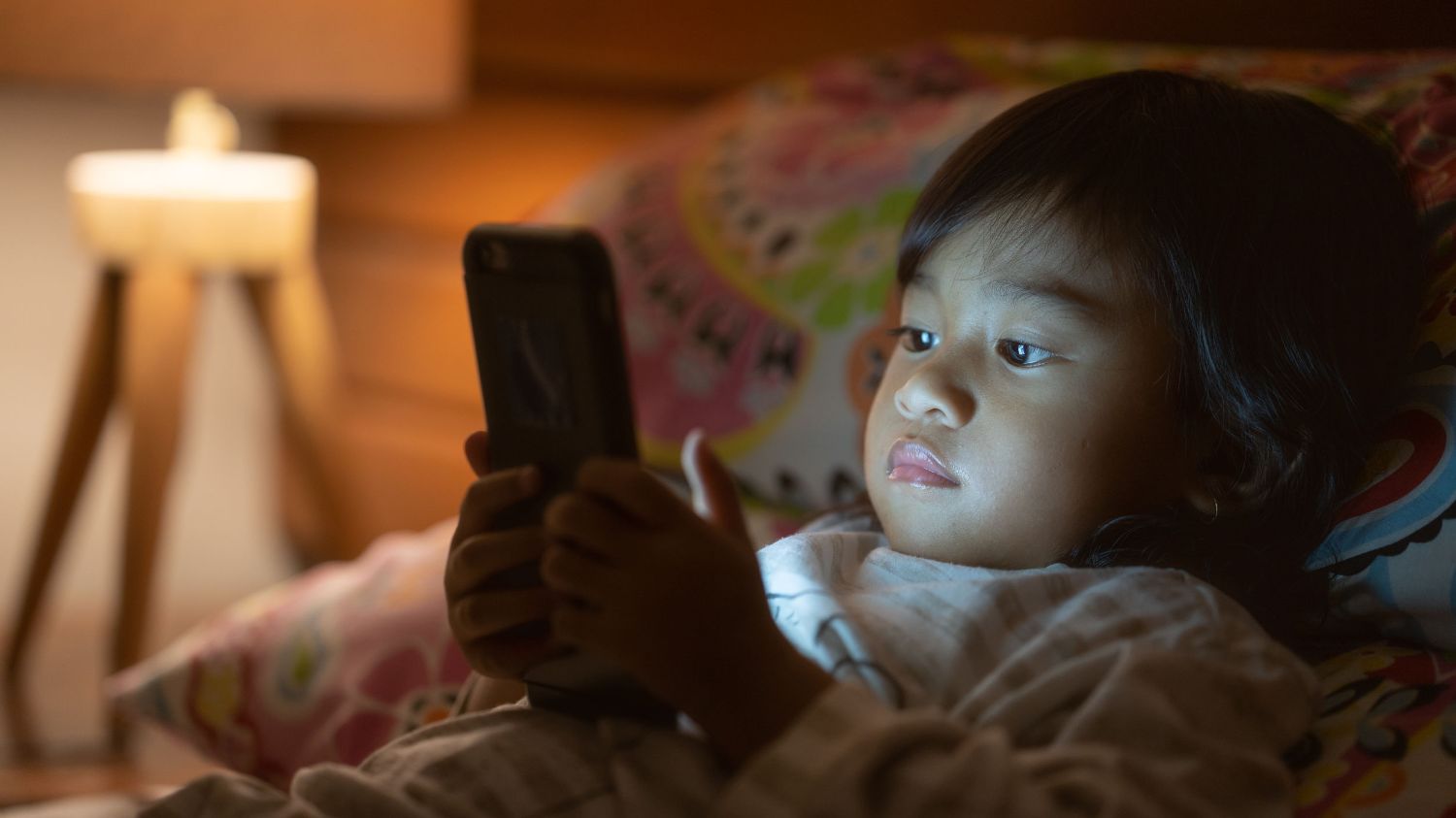Screen Time For Toddlers: When It’s Ok And When To Avoid It
So, should you be handing over the iPad to your toddler or holding off? Tough call, right? As parents, we’ve all faced the dilemma of whether to allow screen time for our little ones. Spoiler: there’s no one-size-fits-all solution, but let’s dive into what the experts say.
According to this “Evidence Review of Screen Use in Childhood”, here are the recommendations for screen time:
- No screen time at all for children under 2 years
- No more than 1 hour a day for pre-schoolers
- No more than 2 hours a day for school-aged children and adolescents
Easier said than done, I know! Another report on Health Hub suggests that screen time for toddlers under 18 months isn’t advisable at all. That’s because these early years are crucial for brain development. But we’re living in a digital world, where screens are pretty much everywhere. So how do we strike a balance between useful screen time and too much of it?
Let’s be honest: I doubt many of us have made it through toddlerhood without handing over a screen just to get a break. I can’t recall the number of times “Mickey Mouse Clubhouse” saved the day (and mealtime) in my household. My twins were happy, I was less frazzled, and mealtime went smoothly.
While it’s hard to stick to the strict recommendations mentioned above, do be mindful of these cons and pros that come with toddler screen time so that you can make the best possible decision for your child:
 IMAGE: PEXELS
IMAGE: PEXELS
The cons (yes, I’m starting with the bad news)
Fewer face-to-face interactions
The more time your toddler spends glued to a screen, the less they engage in real-life interactions. This can slow down their social and language development. Learning how to read facial expressions, body language, and emotional cues from other humans is vital for early development.
And let’s not forget – if your child is glued to a device, they’re likely missing out on running around outside. Too much screen time could mean less physical activity, which isn’t great for their overall health.
Shorter attention spans
Research shows that kids who spend too much time in front of screens tend to develop shorter attention spans, and swipe more often when they have a tablet or a phone in their hands (just like adults!). This can make it harder for them to focus on slower-paced, real-life activities (like reading or even paying attention in class) later on, because of the lack of constantly changing visual stimuli.
Eyesight issues
Singapore already has one of the highest rates of childhood myopia. There’s a good chance excessive screen time plays a part in that. Staring at screens for too long can strain young eyes and lead to issues like double vision or digital eye strain. If your toddler’s rubbing their eyes after using a device, it’s time to put it down!
Disrupted sleep patterns
The blue light from screens can mess with your child’s natural sleep cycle, making it harder for them to fall asleep or stay asleep. Screens might be ok during the day, but try to avoid using them close to bedtime to help bubba get a better night’s sleep.
 IMAGE: 123RF
IMAGE: 123RF
The pros (yep, there’s some good news)
It can be a lifesaver
Let’s face it, sometimes you just need a break, and a screen can give you that. Whether you’re on a long-haul flight, waiting at the doctor’s, or just need to calm your toddler down, a little screen time won’t hurt. As long as it’s limited and age-appropriate, it can be a lifesaver – for both you and your child. You’re not going to ruin them, and you might even get a few giggles out of it. It might even give you that extra boost of energy that you sorely need #beentheredonethatalot
Screens can be educational
Believe it or not, screen time doesn’t always have to be a bad thing. Some educational shows can actually help your child learn new skills.
“Sesame Street” teaches kindness, patience, and tolerance; “Bluey” is all about compromise and social skills; “Dora the Explorer” is great for teaching toddlers how to share, count, read and be accepting of others; “Peppa Pig” is great for language learning; and “Mickey Mouse Clubhouse” sneaks in some basic maths and problem solving skills. And of course, putting on sing-along nursery rhymes is always great fun for toddlers. See where I’m going with this?
I honestly think this helps prompt them to ask questions, instil basic educational skills, and develop their sense of curiosity. It’s all about balance – moderation is key!
Bonding time
Want to bake cookies together or try a fun craft project? Sometimes, watching a tutorial together on a screen can be easier than just reading a recipe out loud. Your toddler can watch, listen, and learn, making it a fun bonding experience. Plus, if they read the subtitles, it might help with their reading skills!
For the latest updates on Wonderwall.sg, be sure to follow us on TikTok, Telegram, Instagram, and Facebook. If you have a story idea for us, email us at [email protected].











